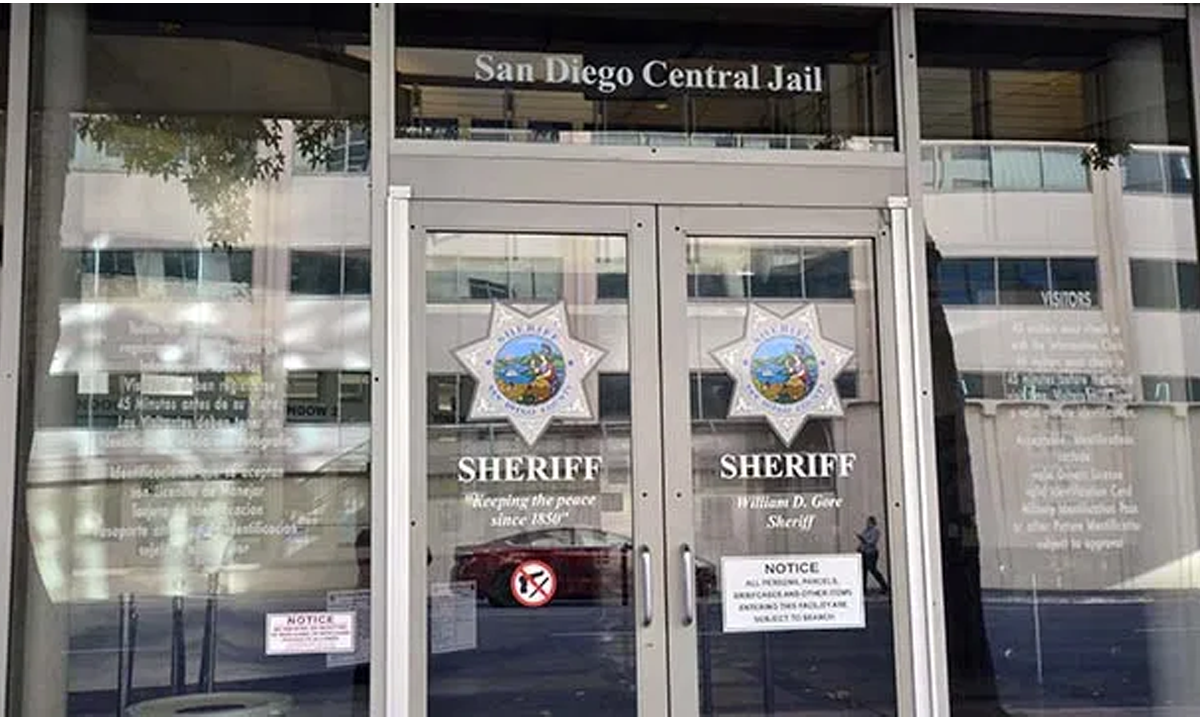This article was first posted by Times Of San Diego and submitted to us by the author.
Written by Mark Powell
Law enforcement agencies across San Diego County are inundated with property crime reports. But even if the crime victim has a video of the thief stealing a package off a porch or a bicycle from the driveway, not much will be done to apprehend the perpetrator due to a lack of resources and restrictions imposed by Proposition 47.
This proposition, approved by voters in 2014, makes it almost impossible to incarcerate shoplifters and thieves. Proposition 47 it is a failed experiment in criminal justice reform that needs to be changed so we can put a stop to property crime.
It was intended to keep non-violent criminals out of crowded prisons and treat low-level criminals with more compassion. Among other things, the law more than doubled the amount a suspect could steal before facing a felony — from $450 to $950. Although theft is still illegal, shoplifting is considered a low-level property crime under Proposition 47.
As part of the bill, shoplifters must steal over $950 worth of goods to be charged with a felony. Penalties for drug possession and writing bad checks were also reduced. The intent of the law is admirable, but the unintended consequences are a public safety disaster for San Diego residents and store owners.
With recent calls to defund the police and a rise in violent crimes, shoplifters have become emboldened, because they know they can steal with impunity. And theft is not limited to retail stores; neighborhoods and communities throughout the state are also feeling the effects of this flawed piece of legislation.
Many areas of San Diego have functioning neighborhood watch programs. Neighborhood watch empowers citizens to become active in the fight against crime. However, as the name implies, neighbors are merely “watching” criminals steal while police are powerless to make arrests due to Prop. 47 and the lack of law enforcement resources.
Proposition 47 has bolstered criminals because they know that if they are caught stealing the consequences are minimal, which has resulted in an increase in theft. In fact, thieves are walking out of stores without paying for merchandise while store clerks stand by and watch.
Since a growing number of retailers have implemented do-not-engage or confront policies, many shoplifting crimes are not even consistently reported. Consequently, San Diego’s crime statistics may not reflect the true number of property crimes being committed.
The increase in shoplifting is just one part of the picture when it comes to property theft. The social networking app Nextdoor allows members to use its online platform to report suspicious activity and share the news with communities and law enforcement.
Through the use of digital security systems homeowners and renters are recording property crimes actually being committed. There are daily Nextdoor posts with video documenting car break-ins, stolen packages and thieves checking for unlocked doors, but little can be done to stop these criminals.
A society rarely survives without some code of conduct and we can all agree that stealing is illegal. In fact, stealing has been against the law since Biblical times. Laws protect our general safety, and ensure our rights as citizens against abuses by other people, by organizations, and by the government itself.
But when bad laws such as Prop. 47 are in place they must be amended. Our political leaders need to strengthen property crime laws and enact new legislation or amend current laws — or we can simply get used to being ripped off on a regular basis, feeling there is nothing we can do about it.
Mark Powell is a former reserve police officer with the San Diego Police Department and the president of Parents For Quality Education.




